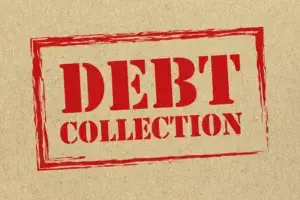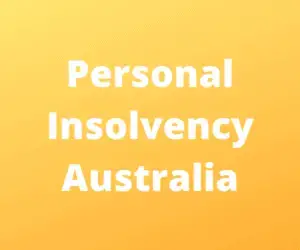If you’re curious on how to fix a bad credit history, then our helpful guide will be very beneficial. It’s beginner-friendly and is catered for Australians.
Many people have been rejected for loans, missed monthly payments or have suffered financial issues in their life. Unfortunately, these can continue to impact you for years down the track.
Luckily – there’s still some good news. Once you understand how your credit score operates, and what lenders observe, you can start the process towards positive changes.
Defining bad credit
Each and every event whereby you take our a debt or pay it back, you will see a record on your credit report. There are agencies such as Equifax, Experian and others which calculate a credit score. This is based on an influence of positive and (if any) negative characteristics in your credit history.
Each agency is different, and so the figures will be different. You see, the big banks generally won’t lend to those that have a credit score below 500.
A good credit score is 650 and above.
The best rates are found where your credit score exceeds 800.
You’ll find negative information in your credit history if any of the following occur:
- Missed repayments for loans (Even just 7 days overdue)
- Defaults on loans and credit cards (60+ days overdue)
- Bankruptcy instances and court judgements
- Submitting a few credit inquiries around the same time
It’s important to understand that at times, the negative information on your credit history could be due to simple user error or even stolen identity.
Personally, as someone with a very common name, this concerns me. A real case of mistaken identity would ensue if I saw a negative mark anywhere on my credit history.
Future impact of a bad credit history
Every single time that a credit or loan application is submitted, regardless of the amount, the lender will check your credit file. They do this to determine your suitability.

Those with poor credit scores may indicate a high risk for the applicant, and a high likelihood of missing repayments. Most lenders are actively looking for red flags since the GFC days.
If you suffer from bad credit, then at times you might be flat-out denied a loan. While you can be accepted, it is likely that you’ll be offered a lower borrowing amount. This often results in in a lower borrowing amount too.
Solution to bad credit
Some lenders do offer non-conforming loans for those in such situations, but we discourage clients from going in this direction unless necessary. This is due mainly to the higher interest rates that such loans attract.
The first step is always to look at improving your credit rating for the long term. You’d want to get a hold of your credit report and look for any issues.
Anything that is an obvious mistake can be (potentially) addressed by lenders in the past. This really depends on the severity of the issue.
Going forward, do your best to avoid any type of blemish on your credit history. Our best recommendation is to ensure your bills, credit cards and loans are paid on time. Many too many credit applications at once is also detrimental to your future credit prospects.
You may also wish to consider a consolidation loan. This can assist you in reducing your interest rates, and most importantly, provide greater cash-flow to take out credit again should you require it.
Credit history isn’t everything
Whilst we recommend that you do your best to a) address past credit issues and b) stay on top of obligations, your credit history isn’t everything.
If you’ve had challenges in the past, then in some instances, we would recommend not taking out a loan or credit card again.
More debt is often NOT the solution. Focusing on knocking down your debt is fundamental for financial growth. Your credit history is a record of your performance in repaying creditors, and if you’ve struggled in the past, then going debt-free is probably a good solution, as much of our community has done.



